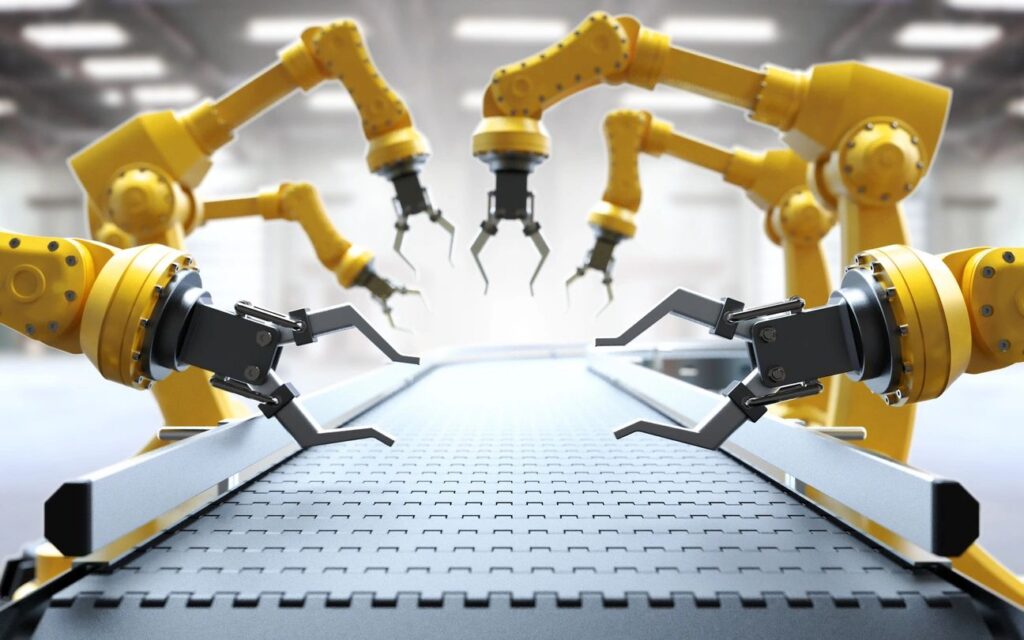A recent report from the Institute for Public Policy Research (IPPR) sheds light on the potential ramifications of artificial intelligence adoption in the United Kingdom, warning of substantial job losses if proactive measures are not taken to address the impact on the labour market. According to the IPPR, as many as 8 million jobs could be at risk due to the increasing integration of AI technologies into various industries and workplaces across the country.
The report emphasizes that the UK government is at a critical juncture, facing what the IPPR describes as a “sliding door moment” where its response to AI developments could determine the future trajectory of the labour market. Without swift action, the report cautions, the country could face a “worst-case scenario” characterized by widespread job displacement and economic upheaval.
An analysis conducted by the IPPR examined over 22,000 tasks within the UK economy, covering a wide range of job types and industries. The findings revealed that approximately 11% of tasks performed by workers are already susceptible to automation in what the report terms the AI “experimentation phase.” Particularly vulnerable to this initial wave of AI adoption are back-office, entry-level, and part-time positions, with women expected to bear a disproportionate impact compared to men.
While the current wave of AI integration primarily affects tasks such as database management and scheduling, the IPPR warns that the subsequent phase could have far-reaching consequences, potentially impacting as much as 59% of evaluated tasks. Young professionals and entry-level job seekers will face significant challenges as this next wave of AI adoption targets non-routine cognitive tasks and higher-earning roles.
AI Could Lead to 8 Million Job Losses in UK: What Next?
In response to the looming threat of job displacement, the IPPR outlines several recommendations aimed at mitigating the negative effects of AI on the workforce. These include supporting “green jobs” that require manual interaction, promoting occupations in social care and mental health services, and implementing policies to safeguard tasks requiring human involvement. Additionally, the report suggests offering tax incentives or subsidies to incentivize companies to prioritize AI job augmentation over outright displacement.
Despite the potential for widespread disruption, the IPPR stresses that technological change presents both opportunities and risks. While AI has the potential to deliver significant economic benefits, including wage gains of up to 30% in certain sectors, there is a pressing need for policymakers, employers, and unions to collaborate on strategies that ensure a fair and equitable transition to an AI-driven future. By taking proactive steps to manage technological change effectively, stakeholders can help shape a future where AI complements human labour and creates new opportunities for economic growth and social progress.
See also: How AI Language Models Handle Black Vs. White Names


















